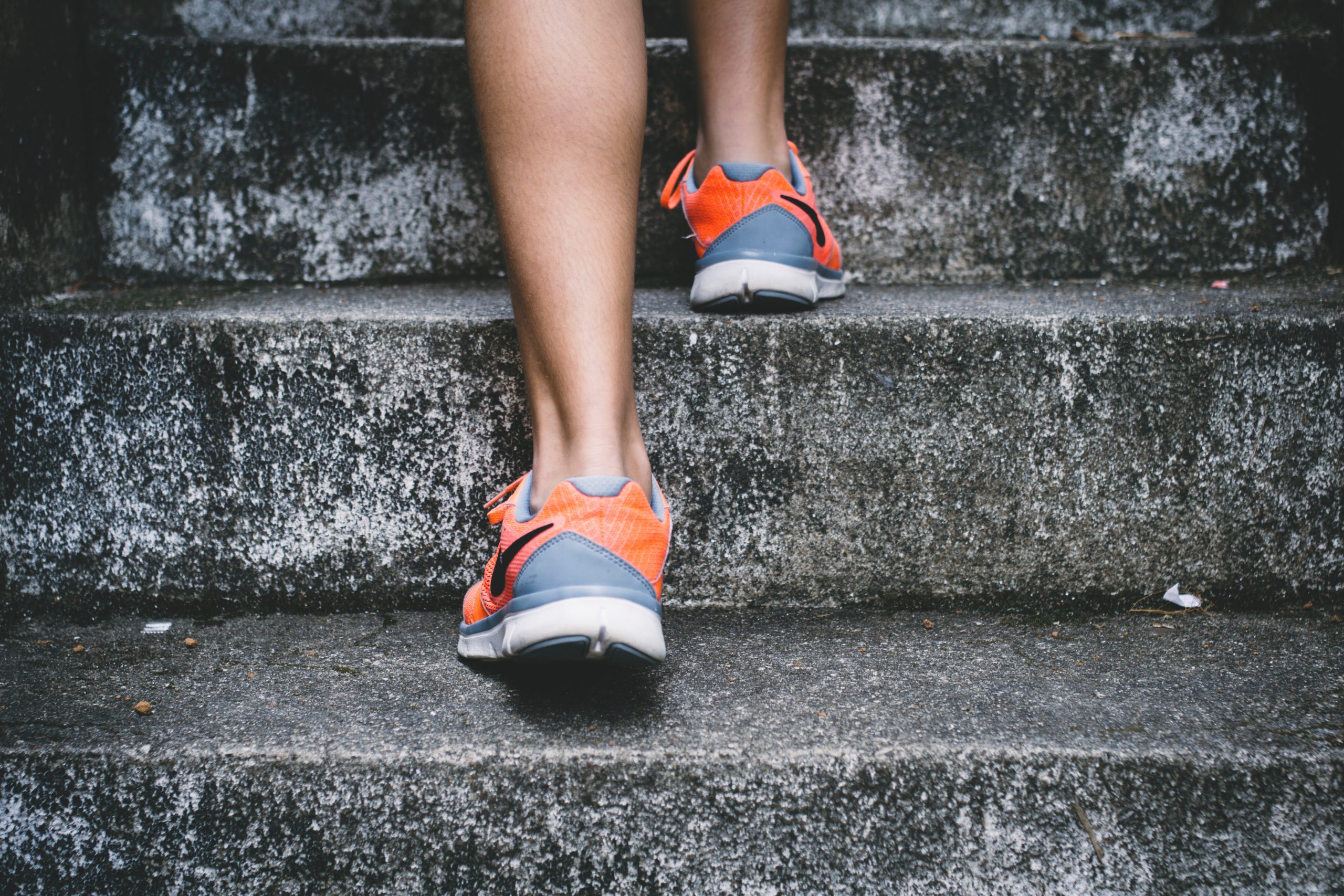Amber Specialty Pharmacy Selected to Dispense R...
Blog
7 Self-Checks to Test Your Health at Home
- February 12, 2019
- Amber Specialty Pharmacy
- Cardiology, Health Tips, Oncology

Regular checkups are an important way to monitor your health. It’s a good idea for you to become familiar with your body so you can detect changes. Self-exams can help you become aware of potential health problems and work with your doctor to prevent them from worsening. Here are seven self-checks you can perform to test your health at home.
Look for Signs of Skin Cancer
Anyone can get skin cancer, whether you get a tan or burn under the sun. Be sure to perform regular self-checks for skin cancer. Use a mirror to help you check your whole body. Look for moles that are a strange shape, a different color or are changing over time. The American Academy of Dermatology encourages you to look for the ABCDEs of melanoma when you do your self-examination.
Take the Stair Test
The European Society of Cardiology found that a simple stair test can help predict your risk of dying from heart disease and cancer. All you have to do is climb four flights of stairs fast, without stopping. According to the study, a good performance is climbing four flights of stairs in one minute or less. The stair test is an easy way to test your exercise capacity. Exercise capacity is the maximum amount of physical exercise you can handle. According to the American Heart Association (AHA), your exercise capacity can help predict your heart health. Be sure to talk to your doctor before testing your physical fitness or making changes to your exercise routine.
Checking Your Body Mass Index at Home
Your body mass index (BMI) is a way to measure your level of body fat. If you have a high BMI, you may have an increased risk of developing diabetes, cancer and other chronic conditions. You can easily calculate your BMI with your weight, your height and this calculator from the National Institutes of Health. While BMI can be a good way to gauge your general health, there are limitations. BMI measurements may not be accurate, especially for older adults and people with a muscular build.
Listen to Your Heart Rate
Listening to your heart rate, also called a pulse, can help you maximize your workouts and monitor your heart health. The American Heart Association suggests finding your pulse in your wrists, inside your elbow or on the side of your neck. To check your pulse, simply count how many times your heart beats in one minute. In general, healthy adults should have a resting heart between 60 and 100 beats per minute. However, certain medications can affect your pulse. Ask your pharmacist at Amber Specialty Pharmacy if your medication could affect your heart rate. If you have questions or concerns about your resting heart rate, be sure to talk to your doctor.
Examine Your Skin and Nails
Iron is important for the health of your skin, hair and nails. It also helps produce hemoglobin, which is the part of your blood that carries oxygen throughout your body. Iron deficiency is common, especially among women, and is not usually serious. Brittle nails and yellow or pale skin are signs that you may be low in iron. You may also notice fatigue, a smooth tongue or unusual cravings for ice. If you think you might be low in iron, talk to your doctor. Don’t take iron supplements without consulting with a healthcare professional. Consuming too much iron can lead to complications. The American Society of Hematology provides more information about how iron deficiency is diagnosed and treated.
Self-Checks for Men
According to the Testicular Cancer Society, most testicular cancer is diagnosed after men alert their doctor to a potential concern. Regular testicular self-exams allow men to become familiar with their body, which makes them more likely to detect testicular cancer early. It’s normal for one testicle to be larger than the other. However, if you notice a change in testicle size, whether it becomes larger or smaller, schedule a visit with your doctor. You should also check for lumps and other changes to your groin area. The Testicular Cancer Society provides more information about what to look for in a self-examination.
Self-Checks for Women
It’s important for women to perform regular breast self-exams to detect any changes that may be a sign of breast cancer. The Mayo Clinic recommends performing monthly examinations to become familiar with the way your breasts look and feel. You should also look for changes to your nipples or unusual discharges. Ask your doctor how to perform a breast self-exam. Remember, your self-examinations should be in addition to regular mammograms, especially if you have a higher risk of developing breast cancer.
Talk to Your Healthcare Provider
If you notice any changes to your body or your health, be sure to contact your doctor. While self-examinations can help you catch potential problems early, they are not a substitute for an official medical diagnosis. Always communicate your questions and concerns with your healthcare provider, including your pharmacist at Amber Specialty Pharmacy. It’s important for your pharmacist to have a complete picture of your overall health, especially if you are taking medication for a chronic condition.



